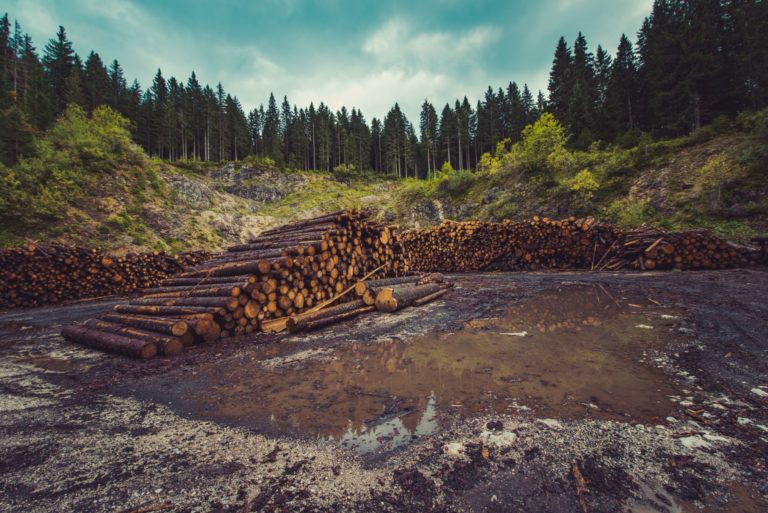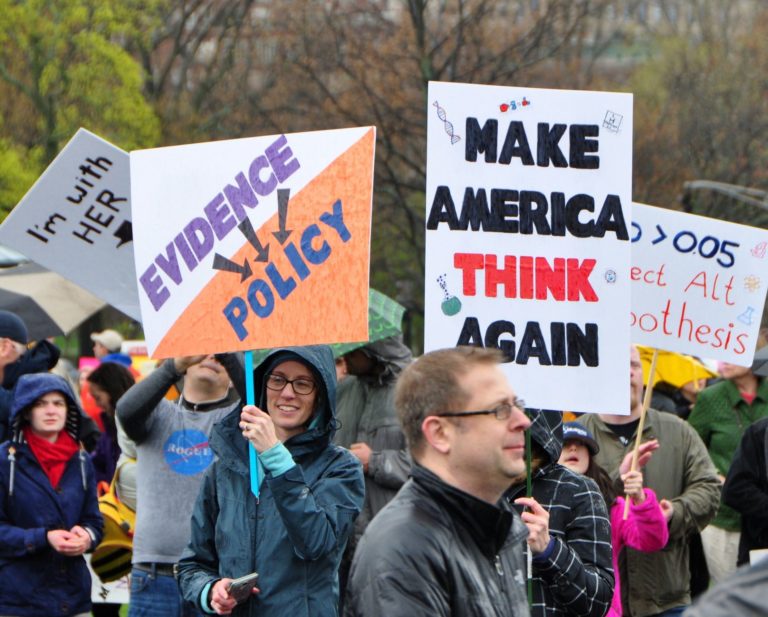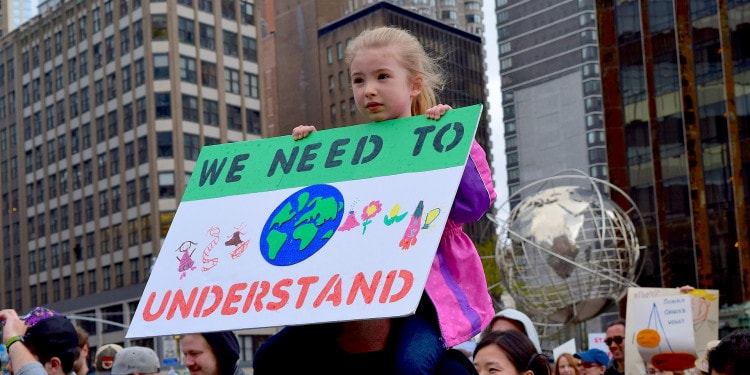Limiting communication, modifying findings, restricting funding and self-censorship for fear of punishment are some examples of science suppression. These dangerous yet prolific acts occur to the benefit of some but at the expense of everyone — especially the environment.
A recent study found that 22% of environmental scientists have had their work modified by their organisations. Undertaken in Australia — whose government recently cut funding to university environmental studies by nearly 30% — it revealed 33% of scientists felt they had at one point been prohibited from communicating to the public. This was most acute in government and industry positions, where modifications to work were reported more frequently.
Acts that mislead, downplay or restrict information occur most commonly with regard to environmental topics such as biodiversity and threatened species; mining, logging and urban development; and climate change. These acts limit the scrutiny of environmentally damaging practices and policies, a vital first-step if change is to come.

In October, it was reported that political appointees from the U.S. Department of Energy blocked the release of several studies on renewable energy and delayed the publication of a congressionally-mandated study on the effects of adopting a zero-emission credit scheme in the U.S. These studies are providing vital information that facilitate the U.S.’ transition to green energy. Obstructing this transition is beneficial for the polluting fossil fuel industry, a sector President Trump vigorously supports.
Related Articles: Can Science Guide Sustainable Development? | Science for Good
Restricting science leads to ill-informed policymakers and citizens. It hinders public understanding and engagement on environmentally important matters, which UNESCO claims are “essential to equip citizens to make informed personal and professional choices.” Ultimately, such restrictions limit the public’s influence on policies and reduce the potential for a sustainable future.
Public understanding and engagement with science, and citizen participation including through the popularization of science are essential to equip citizens to make informed personal and professional choices.
— UNESCO
Science is a tool; it facilitates political change by educating policymakers and the public. To suppress science is to obstruct policy reform and thus impede change. And without change, polluting policies and practices will continue to exacerbate the impacts of climate change. Greenhouse gas (GHG) emissions will continue to rise putting more and more of our world’s biodiversity at risk. To help the 1,000,000 species across the world threatened with extinction, science must be enabled to shape and implement policies for the efficient protection of natural environments.
Nearly 1 million species are in danger of extinction due to over-exploitation, the climate emergency & habitat degradation.
On #WorldWildlifeDay, @CITES explains how wildlife conservation can eliminate threats to biodiversity & benefit the #GlobalGoals: https://t.co/R8m2D8lD0G pic.twitter.com/wAeHSOkoAa
— United Nations (@UN) March 3, 2020
Instances where politics influence science must be highlighted for people to see and scrutinize. The Sabin Center for Climate Change Law, part of Columbia University, has developed the Climate Deregulation Tracker (CDT) and Silencing Science Tracker (SST). These trackers monitor actions from the Trump administration that “scale back or wholly eliminate climate mitigation and adaptation measures” and list all “US government attempts to restrict or prohibit scientific research,” including personnel changes, government censorship, bias and misrepresentation of information, research hindrance, and budget cuts.
For instance, the SST listed that U.S. Geological Survey Director James Reilly delayed the publication of an environmental study by over three months. The study revealed that 34% of maternal polar bear dens were in areas the Trump administration had approved for oil and gas development in the Artic.
One of the last measures that the SST pointed out was the Trump administration’s removal of Michael Kuperberg from his position as Director of the U.S. Global Change Research Program. The New York Times reported that the position is expected to be filled by David Legates, a sceptic of human-caused climate change known for casting doubt on the severity of environmental issues.

The public must be able to scrutinize their government’s approach to science and environmental issues. More third-party databases, such as those from the Sabin Center, will aid in this respect and promote government transparency. This is not to be done for the purpose of undermining governments, parties, and political figures; but to improve public engagement and voter confidence when it comes to elections. The outcomes here ultimately determine what policies are implemented and how the natural world is shaped for years to come.
Editor’s Note: The opinions expressed here by Impakter.com columnists are their own, not those of Impakter.com. — In the Featured Photo: A young girl at the March for Science on Earth Day in 2017. Featured Photo Credit: bones6/Pixabay.












